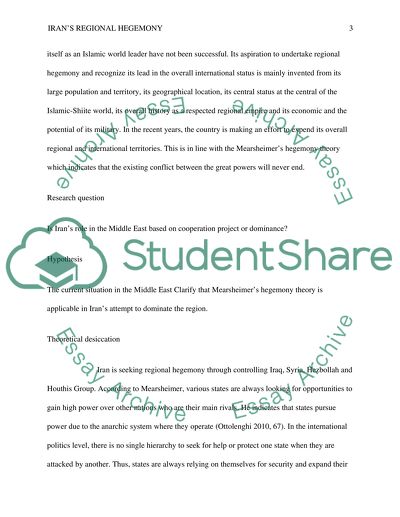Cite this document
(“Is Iran Seeking Regional Hegemony Research Paper”, n.d.)
Is Iran Seeking Regional Hegemony Research Paper. Retrieved from https://studentshare.org/social-science/1693929-is-iran-seeking-regional-hegemony
Is Iran Seeking Regional Hegemony Research Paper. Retrieved from https://studentshare.org/social-science/1693929-is-iran-seeking-regional-hegemony
(Is Iran Seeking Regional Hegemony Research Paper)
Is Iran Seeking Regional Hegemony Research Paper. https://studentshare.org/social-science/1693929-is-iran-seeking-regional-hegemony.
Is Iran Seeking Regional Hegemony Research Paper. https://studentshare.org/social-science/1693929-is-iran-seeking-regional-hegemony.
“Is Iran Seeking Regional Hegemony Research Paper”, n.d. https://studentshare.org/social-science/1693929-is-iran-seeking-regional-hegemony.


